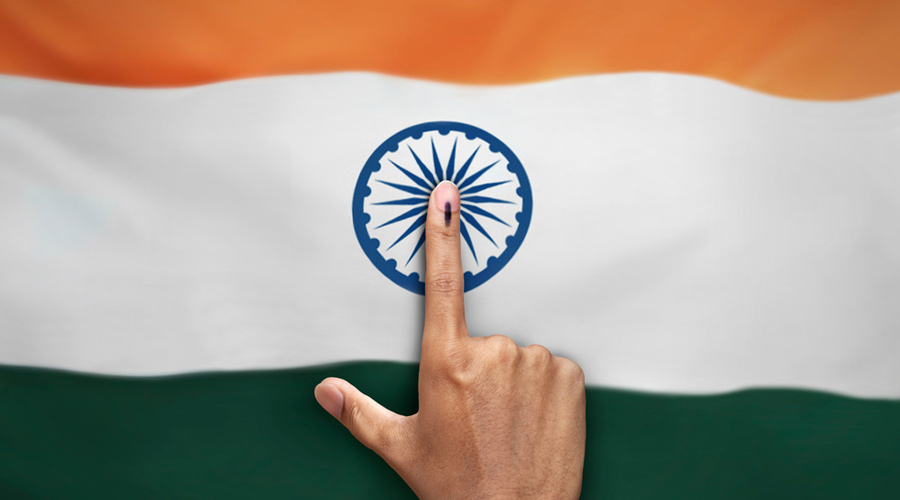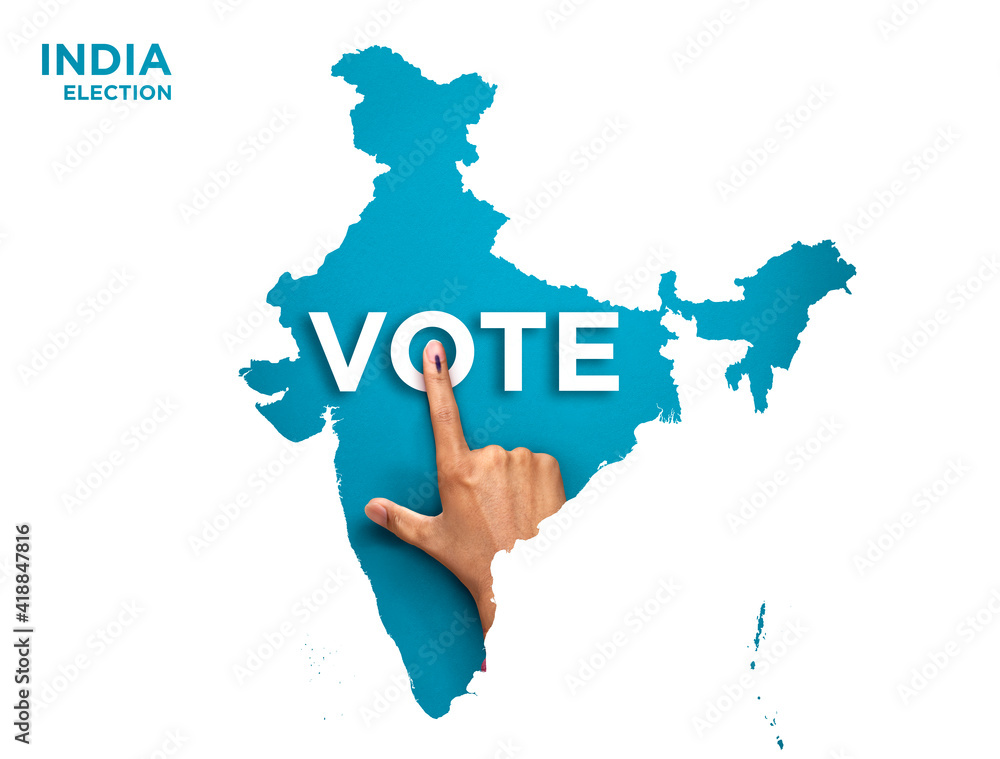
India’s huge elections consist of the democratic spirit, celebrating and affirming democracy’s energy. The electoral system in India doesn’t simply exhibit the nation’s commitment to democratic values; it is a grand spectacle experienced with the aid of all.
The Significance:
India’s citizens, exceeding 900 million, highlights its international significance and the energy of democracy. In fact, with this sort of large electorate, Indian elections reveal democracy in action, displaying how human beings form their collective future.
The Electoral Process:
India’s Election Commission, a constitutional authority, oversees the entire electoral procedure transparently and fairly. From voter registration to candidate nominations, campaigning, polling, and vote counting, the manner is meticulously deliberate and executed. In addition, electronic voting machines (EVMs) similarly streamline balloting, making it efficient and accurate.
Key Players:
Political parties play a crucial position, with countrywide events just like the Indian National Congress (INC) and the Bharatiya Janata Party (BJP) dominating. However, regional parties and independent applicants also influence elections, adding diversity to the electoral area.

Issues and Campaigning:
Indian elections feature intense campaigning and debates on economic development, social justice, national security, and governance. Clearly, political parties use various strategies—rallies, roadshows, media ads, and social media—to connect with voters and garner support.
Challenges and Reforms:
Despite democratic fervor, elections face challenges such as electoral malpractices, voter intimidation, and bribery. Therefore, efforts are underway to address these issues through reforms aimed at enhancing transparency, accountability, and inclusivity.
The Evolving Landscape:
Indian democracy has evolved, marked by shifts in political power, emergence of new parties, and changing voter preferences. Furthermore, rise of regional parties and coalition politics leads to greater representation and decentralization of power, signaling broader democratization.
Conclusion:

To sum up, Indian elections epitomize democracy’s vibrancy and resilience. Beyond the spectacle lies citizen empowerment, political pluralism, and nation-building. As India’s democratic journey continues, electoral process challenges and opportunities will shape its future, inspiring democracies worldwide.
To read more such blogs: https://questionmag.com/
Bibliography: https://www.eci.gov.in/

Leave a comment